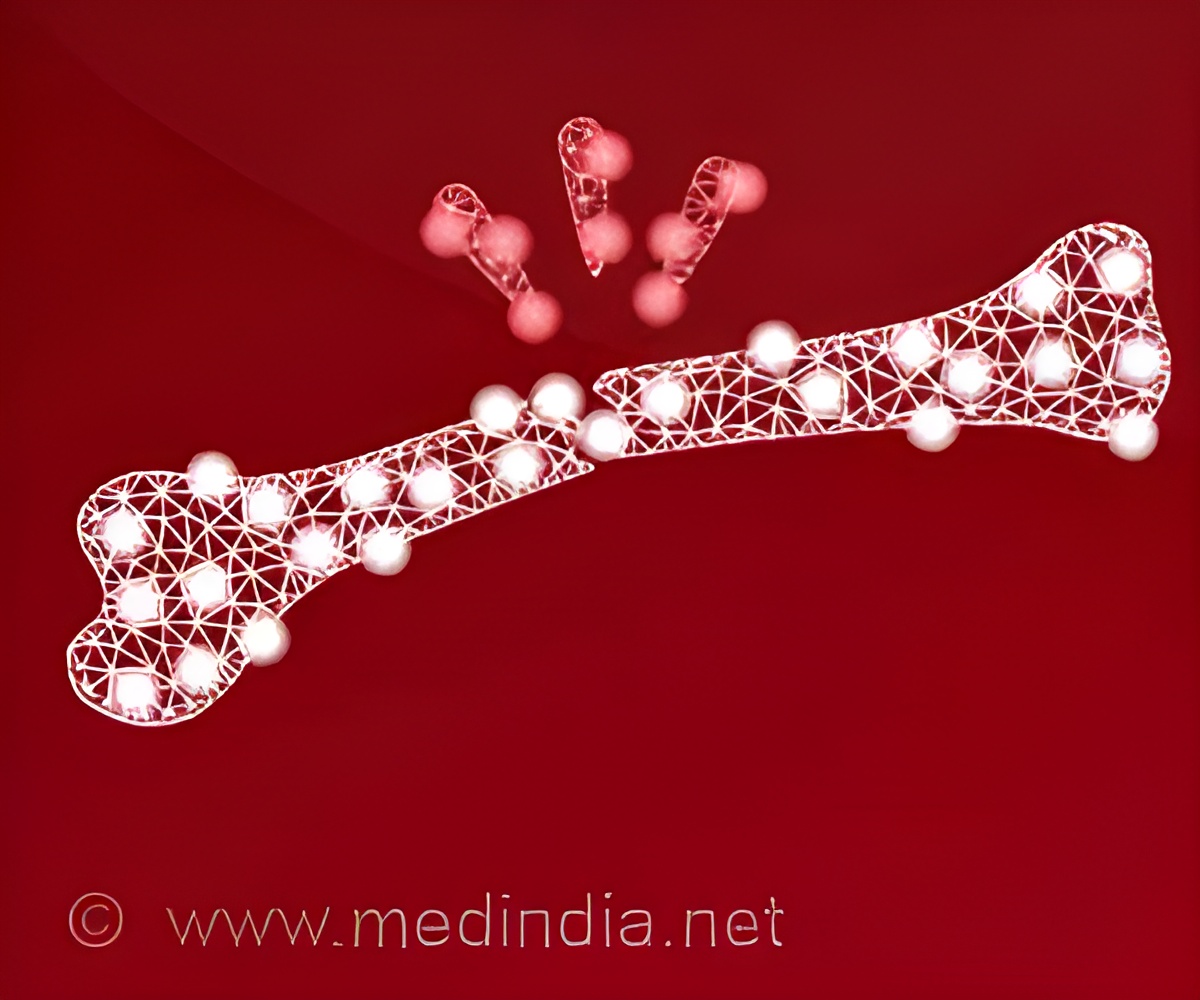The study findings help redefine osteoarthritis as a reversible loss of key cartilage stem cells, not just 'wear and tear'."

Loss of Grem1-lineage chondrogenic progenitor cells causes osteoarthritis
Go to source).
Osteoarthritis: Fresh Insights
Osteoarthritis is the degeneration of cartilage and other tissues in joints and is the most common form of arthritis. Current osteoarthritis treatment manages symptoms rather than addressing the underlying disease. It is a long-term and progressive condition which affects people's mobility and has historically had no cure. Often described as a 'wear and tear' condition, factors such as ageing, obesity, injury and family history contribute to the progression of osteoarthritis. The study by researchers at the University of Adelaide showed the condition may be treatable and reversible.Gremlin 1 Cells: Pioneering Cartilage Regeneration Beyond Osteoarthritis
Gremlin 1 cells present opportunities for cartilage regeneration and their discovery will have relevance to other forms of cartilage injury and disease, which are notoriously challenging to repair and treat. It challenges the categorization of osteoarthritis as wear and tear.‘Fibroblast growth factor 18 (FGF18) activated Gremlin 1 stem cells in mice's joint cartilage, significantly increasing cartilage thickness and reducing osteoarthritis. #arthritis #stemcells’





"With this new information, we are now able to explore pharmaceutical options to directly target the stem cell population that is responsible for the development of articular cartilage and progression of osteoarthritis," Ng said. While the discovery, published in the journal Nature Communications, is limited to animal models, Dr. Ng said there are genetic similarities to human samples, and human trials are ongoing."We look forward to the outcome of these trials and to contribute to the better understanding of a pharmaceutical mechanism to treat osteoarthritis," she said.
Reference:
- Loss of Grem1-lineage chondrogenic progenitor cells causes osteoarthritis - (https://www.nature.com/articles/s41467-023-42199-1)
Source-IANS















